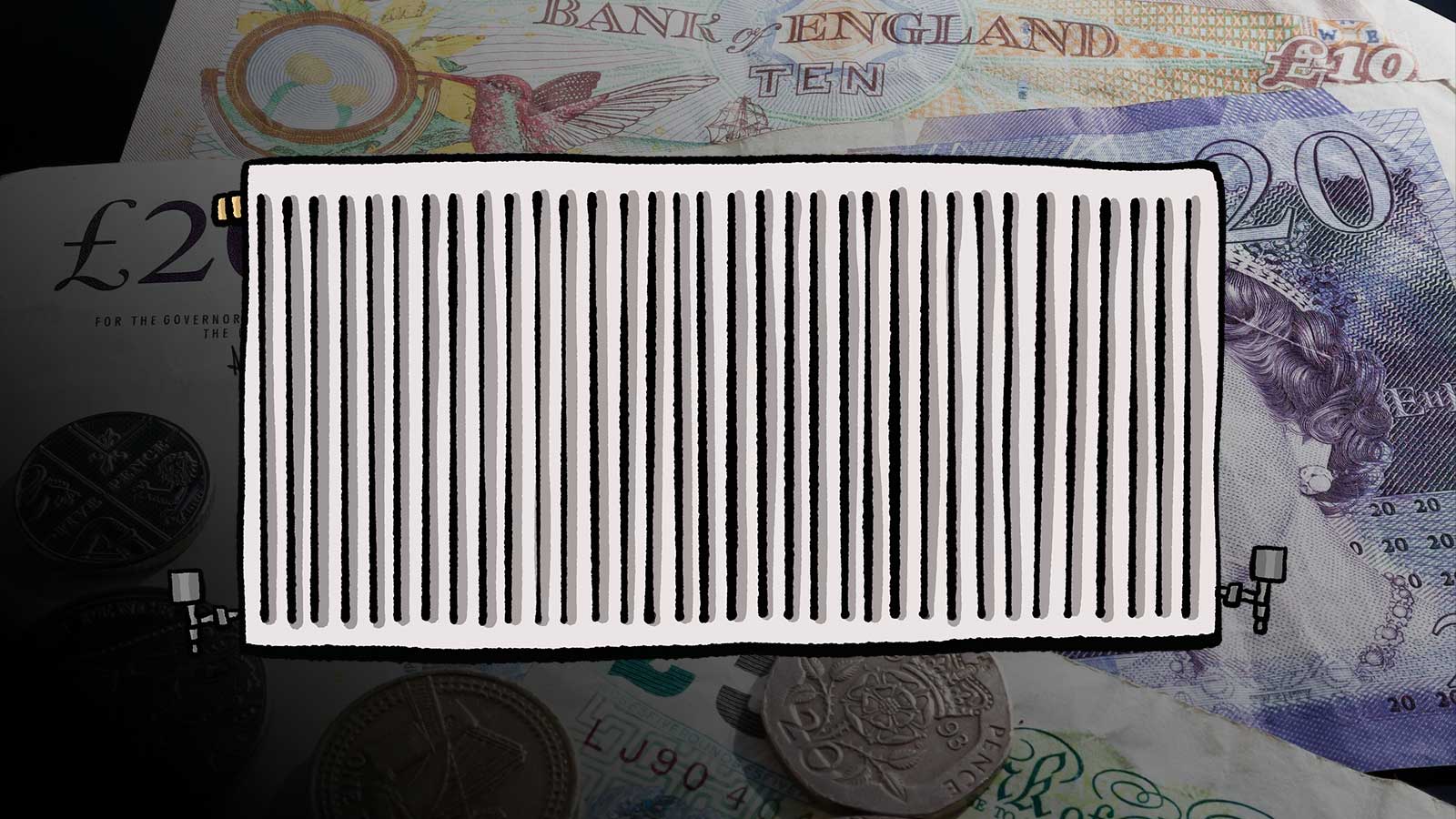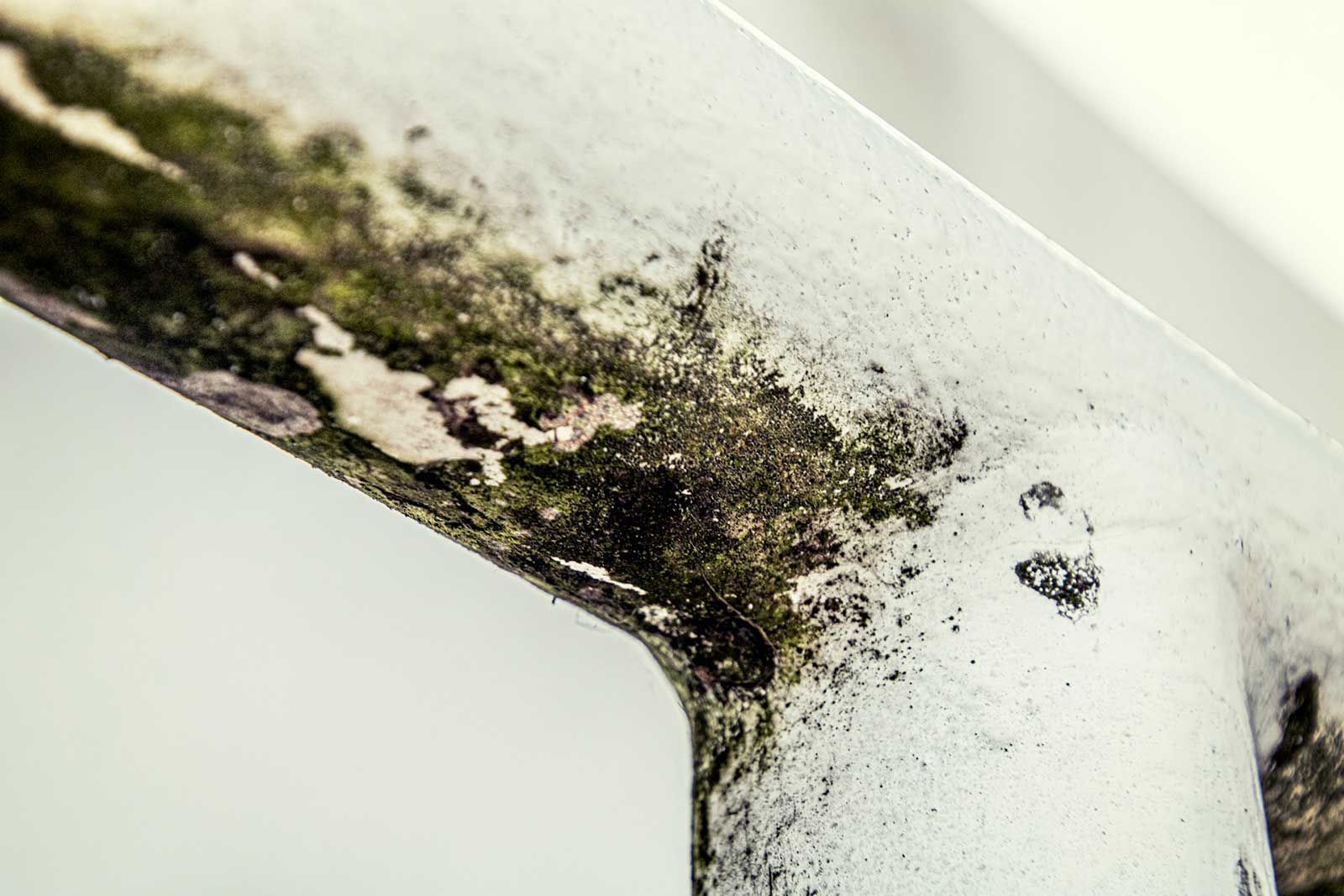As temperatures plummet, central heating systems work overtime to keep homes warm and comfortable. But ignoring key warning signs from your heating system could not only result in costly repairs but also pose significant health risks, particularly in mouldy environments.
Prevention goes a long way in maintaining your boiler and radiators. If you suspect your system is playing up, know how to spot and fix central heating problems ahead of them becoming a much bigger problem for your home – and bank balance!
Central heating system warning signs and how to prevent them
Boiler warning signs: unusual noises coming from the boiler
Common boiler warning signs include: hearing banging, clanking, or hissing sounds coming from the boiler. These can indicate trapped air, limescale, malfunctioning components, or even structural damage within the system or pump which can be prevented by regular boiler maintenance.
Performed by a qualified engineer, during an annual service they can identify potential issues with your boiler in advance of them becoming a greater problem. But left unchecked, this common boiler problem can worsen and as a result your boiler could break down, landing you in unexpected costly repairs or worst case, your entire boiler needs fully replacing.
If you’re looking for an alternative energy source for your current gas heating system, consider installing an electric boiler. They’re built using fewer parts (no electronic PCB boards), meaning they’re durable and have a long-lasting life span due to fewer components needing maintenance. Better still, they can also be connected with your existing radiators, future-proofing your home seamlessly to rely less on fossil fuels.
It’s important to note, with your current system, also look out for leaks and corrosion, which could be caused by damaged seals and broken pipes. If you notice any unusual smells coming from the boiler, call an engineer immediately.
Radiators have cold spots or uneven heating
Inconsistent warmth in your home or if your radiators have cold spots could indicate blockages, faults, or thermostat issues, all of which reduce heating efficiency and can increase your energy bills.
These heating system issues often occur if radiators haven’t been used for some time. To prevent and tackle cold spots, your radiators may need bleeding. It’s quite common especially if they haven’t been used for some time. Even during the summer, it’s best to blast some heat through your radiators to prevent the valves from seizing. That way you can identify potential cold spots in advance so you have time to fix them ahead of the winter season.
You notice an unexplained increase in your energy bills
A sudden spike in your heating costs often points to inefficiencies, such as an aging system or excessive strain due to poor maintenance. If your heating system is overworking, it’s likely using more fuel to power it and therefore run inefficiently.
If you notice these issues, we’d recommend calling out a qualified engineer to take a look at your heating system. In the meantime, ease the strain on your boiler by reducing the flow temperature. This limits the amount of power it has to consume to heat the water throughout the system.
Make the most of your thermostats too, turning down the temperature by just a few degrees to lower the amount of energy required to keep your home warm – plus you should notice a reduction in your energy bills too.
Persistent damp or condensation throughout your home
If your heating is unable to combat dampness or condensation, it may indicate that your system is undersized to heat the home or it’s improperly functioning. Combined with poor home ventilation, over a prolonged period exposure to damp conditions can lead to mould growth and serious health concerns.
Mould thrives in poorly ventilated, damp spaces, which, overtime, can lead to respiratory problems, allergies, and asthma, particularly for vulnerable individuals such as children and the elderly.
If the underlying cause isn’t addressed, heating a room with mould can worsen the problem, circulating spores and creating an unhealthy environment. Therefore, it’s crucial to combine central heating with proper ventilation and dehumidification.
Ensure fans in the bathroom and kitchen are run regularly, taking care to check the vents aren’t blocked. During winter, particularly if you’re drying laundry inside, crack a window slightly ajar in the room where the clothes are airing so moisture can escape, preventing mould from developing.
How to prevent heating system problems from becoming a safety issue
Prevention is key to running your household’s central heating system efficiently. Follow our key tips to keep your home safe and warm, and have peace of mind you’re in the know to spot common central heating issues before they escalate.
- Act quickly. If you notice any of these warning signs, address them immediately to prevent further damage or inefficiency of your heating system
- Invest in smart heating systems. Futureproof your home to an all electric system. Fischer Future Heat’s innovative electric heating solutions not only maintain consistent warmth but allow room-by-room heating control – giving you the ability to tackle problem areas of the home without the reliance on fossil fuels
- Tackle mould at its source. Ensure all rooms are properly ventilated to reduce dampness and consider alternative heating solutions which can improve air quality, like electric systems
- Always schedule regular maintenance. Routine check-ups by professional engineers can help detect and fix central heating issues early, saving you money, lowering energy bills and keeping your home safe.
From strange boiler noises to rising energy bills or cold spots, these early warning signs can be tackled quickly scheduling regular maintenance. If you’re considering modern, energy-efficient alternatives like electric heating, our team at Fischer is here to guide you. Get in touch to discuss the most suitable system for your home and take the first step towards a warmer, more energy-efficient property.
- Energy Prices Change. Heat Loss Doesn’t. - February 24, 2026
- The Warm Homes Plan Explained: What it Means for UK Homes - February 20, 2026
- Energy Bills Will Fall in 2026: What’s Changing and Why It Matters - February 3, 2026

